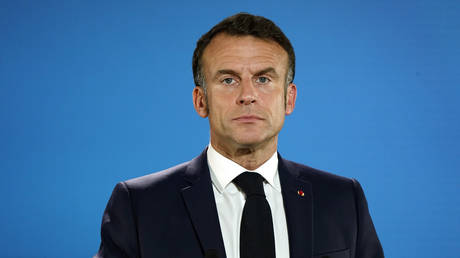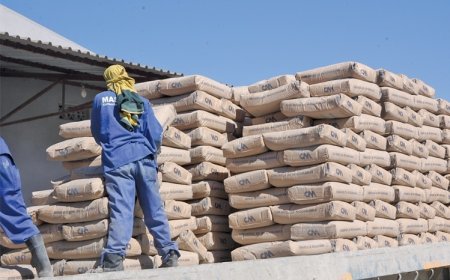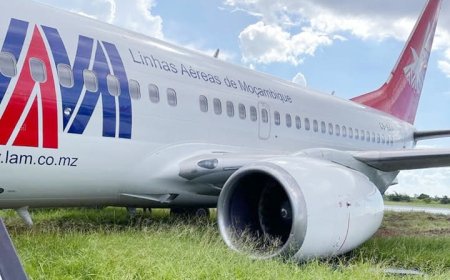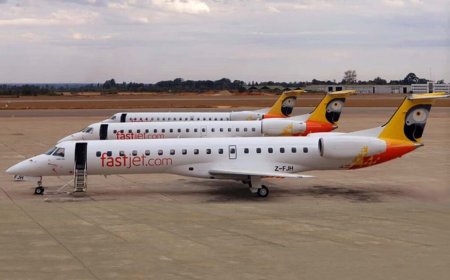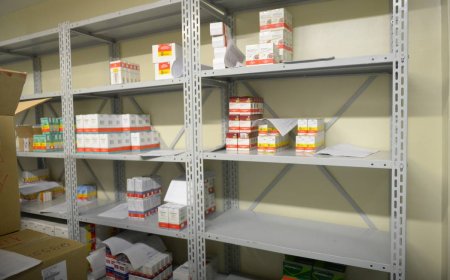Leaders from Portugal, South Africa, and Angola Send Delegates to Daniel Chapo's Inauguration
The Presidents of Portugal, South Africa, and Angola—countries with historic and strategic ties to Mozambique—have opted not to attend the inauguration of President-elect Daniel Chapo, scheduled for January 15. Instead, each nation will be represented by their respective Foreign Ministers, reflecting a cautious diplomatic stance amid Mozambique's post-electoral unrest.
Portugal will be represented by Minister of State and Foreign Affairs Paulo Rangel. The decision, made jointly by President Marcelo Rebelo de Sousa and Prime Minister Luís Montenegro, marks a departure from tradition, as Portuguese heads of state usually attend such ceremonies. Last week, Rebelo de Sousa stated he was awaiting governmental advice on the matter. Ultimately, it was decided that the Foreign Minister would represent Portugal. Prime Minister Montenegro conveyed concerns to Chapo about the ongoing "climate of violence" in Mozambique during a phone call following the Constitutional Council's confirmation of the election results.
From South Africa, President Cyril Ramaphosa has delegated the responsibility to Minister of International Relations Ronald Lamola. South Africa, a key economic partner and neighbor to Mozambique, has faced pressure from Mozambican civil society and the international community to mediate in the ongoing political crisis. Ramaphosa’s absence is seen as a cautious move amid the current tensions. Historically, South Africa’s President has often attended such inaugurations.
Angola, a Lusophone ally with strong cultural and historical ties to Mozambique, will be represented by Minister of State and Presidential Chief of Staff Adão de Almeida. President João Lourenço’s decision to send a delegate instead of attending in person underscores Angola’s close monitoring of Mozambique's unfolding political landscape.
The inauguration of Daniel Chapo takes place just two days after the swearing-in of the 10th Legislature of the Assembly of the Republic, comprising 250 deputies. The new parliamentary makeup includes 171 seats for the ruling Frelimo party, 43 for PODEMOS, 28 for Renamo, and 8 for the Democratic Movement of Mozambique (MDM). The absence of these three heads of state highlights international concern over Mozambique's political and social instability following the October 9 general elections.








